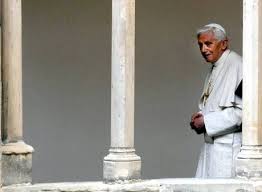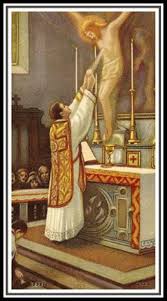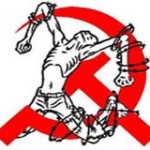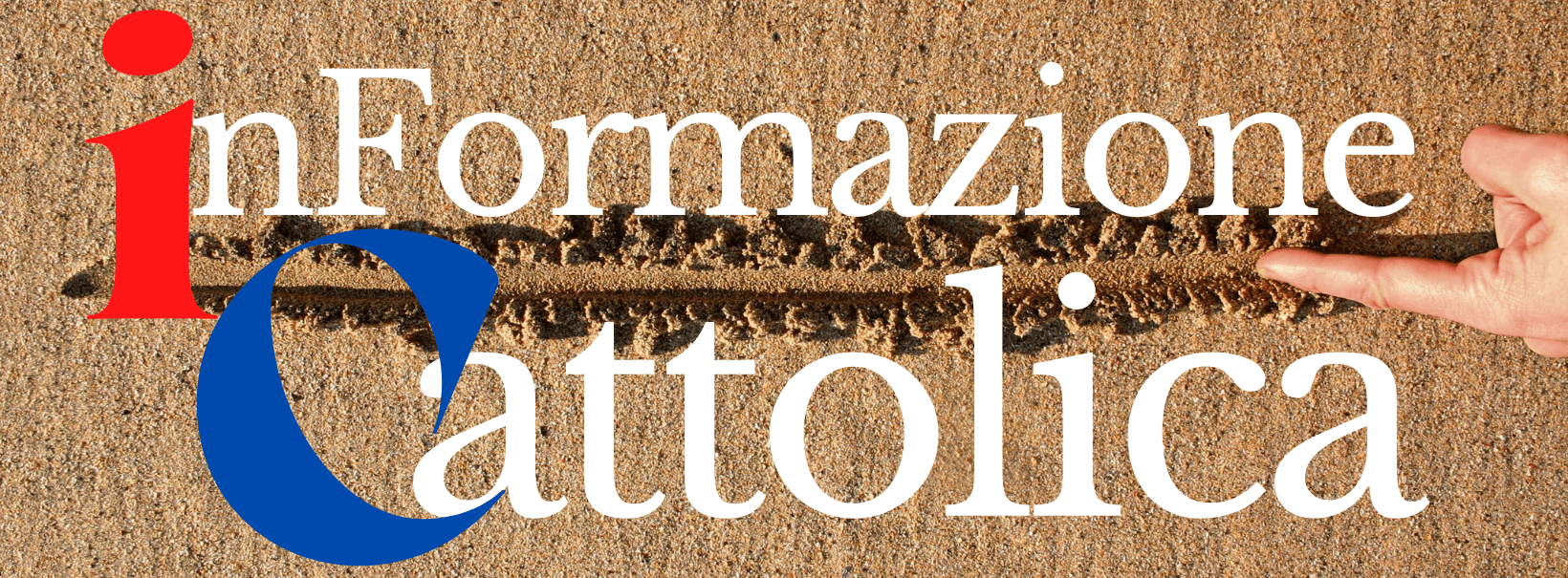 Osservatorio Cardinale Van Thuan Newsletter n.463 del 18 marzo 2013
Osservatorio Cardinale Van Thuan Newsletter n.463 del 18 marzo 2013by Stefano Fontana
The suffered decision made by Benedict XVI to step down from the pontificate was immediately interpreted in many different ways, one of which was the version of desacralization: the papacy would have become an office like any other one, laicized, assumed for a given period of time and for a functional purpose. The Pope, “one of us. The nuovabq immediately warned against such interpretations, which, however, have spread far and wide, also within the Church and especially at the grassroots level through diocesan weeklies.
As I see it, in the life of the Church there is both sacredness and holiness. Individuals certainly aren’t sacred, but they may well be holy. Each faithful believer is called not to sacralize himself, but to sanctify himself. This does not mean, however, that the ‘sacred’ does not exist. The Scriptures are sacred, the sacraments are sacred, the Eucharist is sacred, the tabernacle and also the church as place are sacred.
Mary is undoubtedly Most Holy, but she is also sacred because she is the living Tabernacle. The Church is holy, but also sacred insofar as Mystery. A priest may be more or less holy, but is certainly sacred, just as sacred is the consecration he performs at the altar. The Pope and Bishops may be more or less holy as faithful, but, insofar as the successors of Peter and the apostles, they are also sacred.
Christ desacralized pagan religion insofar as He was opposed to sacredness as a myth and taught His disciples and us to adore the Father “in spirit and truth”. He did become flesh, but did not reduce Himself to flesh alone. He presented Himself as the Temple, and said He can also be adored outside the places set aside for that purpose. Nonetheless, He never ceased letting Himself be found in the sacredness of divine Grace and in all the occasions in which the Church celebrates and proclaims Him.
Talking about holiness by cutting bonds with sacredness, or rather presenting holiness as anti-sacredness, as a taking one’s leave from sacredness, entails many misunderstandings in my opinion. It means raising one’s hands on high and surrendering to secularization, which is often a de-sacralization without leading to any sanctification.
Returning to Benedict XVI, he expressed his wish to continue living in the “confines of St. Peter’s”, evidently considering it a sacred place. Using an image from the Gospel, he said he wanted to withdraw “on the mountain”, a biblically sacred place par excellence. He said he would remain united with the Church in the sacredness of prayer. He has not become “one of us”, has not discarded the white cassock and has not withdrawn to a private life as such. He is no longer pope, but hasn’t retired. After stepping down, the pope did not become an employee of the Holy See, holy, perhaps, but no longer sacred.
Strong papacy insofar as human, as some newspapers have titled? No thank you! Strong papacy insofar as divine.




